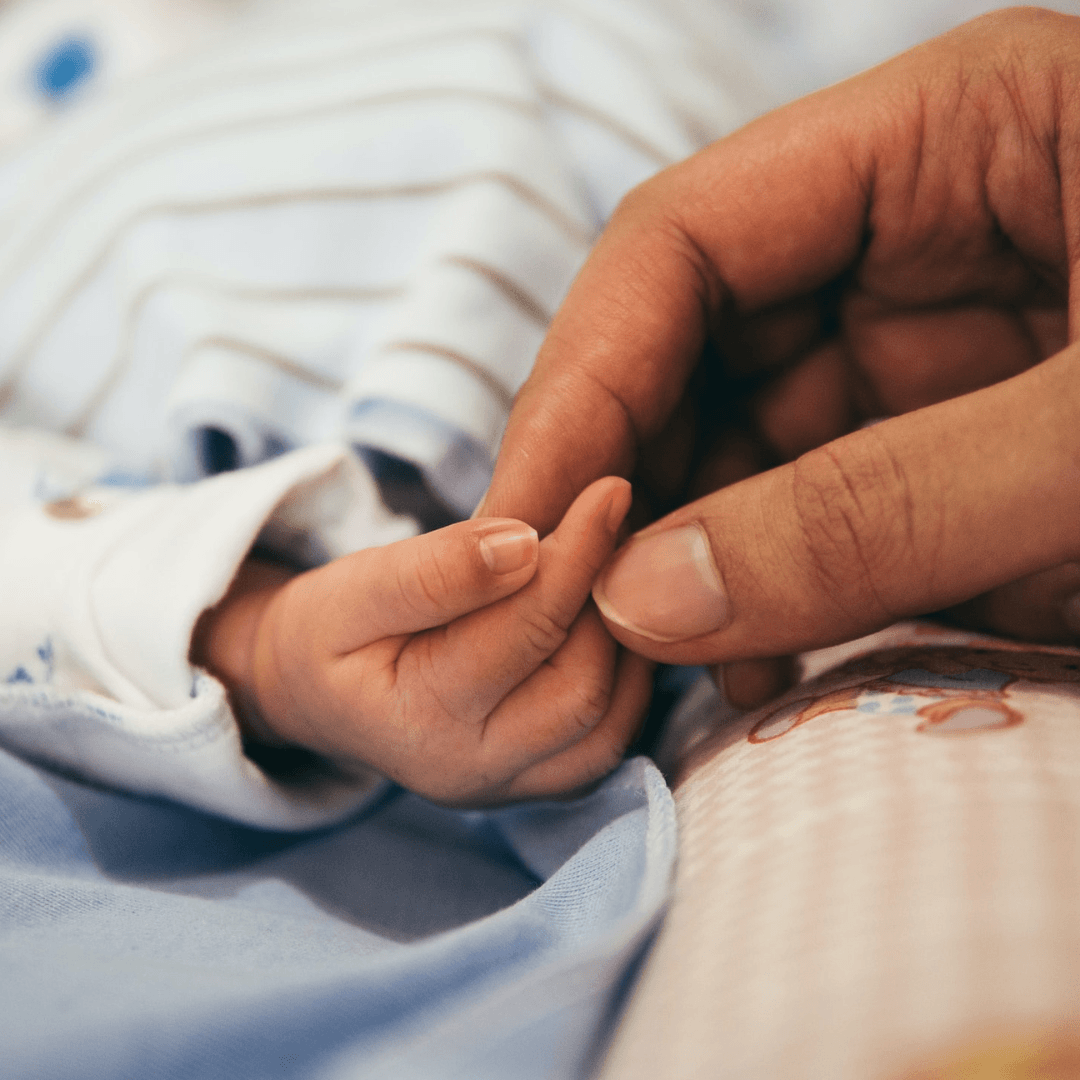The period up to 6 weeks after delivery is called the 'partum period'. Pregnant women go through a variety of body changes during pregnancy, including repositioning of their organs and bloating. During the six weeks after giving birth, the pregnant woman's body returns to the state it was in before conception. Therefore, it is necessary to protect the body and take rest during the postpartum period to help the body recover after childbirth.
1. How long is the postpartum care period?
The postpartum care period usually ranges from 3 weeks to 100 days. For 21 days after childbirth, our Korean ancestors used a gold cord to block the entrance of family members and neighbors.
Even our ancestors knew empirically that for three weeks, mothers and newborns had to stay in the house to rest and protect themselves. It takes 3-4 weeks for the uterus to return to its prenatal state.
Postpartum care is sometimes taken for up to 100 days, because it takes about 3 months for the mother's bones to return to normal after childbirth. At this time, it is okay to proceed with all your daily life tasks. However, it is a time when the mother's body is still weak, so it is best to try not to overdo it.
2. What are the basic guidelines for postpartum care?
You should have a good lifestyle, a pleasant environment, and healthy food.
The basic guidelines for postpartum care are having the correct lifestyle and eating good food. It should not be too cold in your room to prevent the chill felt from 'postpartum wind'. The indoor temperature should be 24-27 degrees, and the humidity should be around 60%.
Take a shower for less than 10 minutes and brush your teeth gently as your teeth and gums are weak. Exercising too much is not good, but light walking exercises should be done right after childbirth.
3. Should mothers only eat seaweed soup?
Mothers usually eat seaweed soup to nourish themselves. Seaweed is an iodine-rich food. Iodine is useful for contracting the enlarged uterus after childbirth, improving the flow of breast milk, and stopping bleeding.
However, a bowl of seaweed soup contains about 1705 μg (microgram) of iodine, and it is said that the iodine required for pregnant women is only 25 μg per day. Therefore, just because seaweed soup is good for the body, it is not recommended to consume too much seaweed soup at every meal. Instead, the mother's diet of a balanced range of easy to digest, soft, healthy, and seasonal foods is recommended.
4. What about sitz baths?
If you have had a natural childbirth, a sitz bath is recommended. This is because it aids in reducing discharge and relieves pain in the perineum incision area. From 12 hours after childbirth to 1-2 days after childbirth, take a sitz bath 1-2 times a day.
After experiencing discharge, it is recommended to take a postpartum sitz bath 2-3 times a day. It is good to have a sitz bath habit for up to 6 weeks, and if you feel uncomfortable or have problems in the perineum, you may want to reduce the amount you bathe and talk to a specialist.
5. How should I do postpartum care in winter?
In winter, beware of drafts. If you're doing postpartum care at home, keep an eye out for thermal insulation and draft protection. However, it is still necessary to clean the indoor air through periodic ventilation.
It is also necessary to control the humidity through a humidifier and reduce the number of showers you take if the bathroom is too cold. However, lying still can actually make your body cold. It is easier to get warm through sweating moderately by doing light walking exercises, etc.
---------------------------------------------------
Author: Hanbit Kim, Oriental Doctor
- (Current) Seocho National University of Education
- Graduated from Kyunghee University College of Oriental Medicine · Korean Academy
of Oriental Pediatrics
- Member of Korean Pharmacological Association









